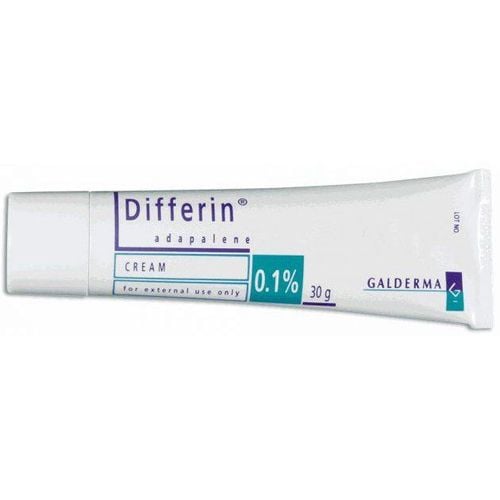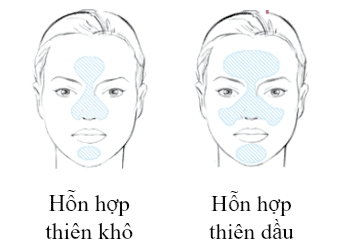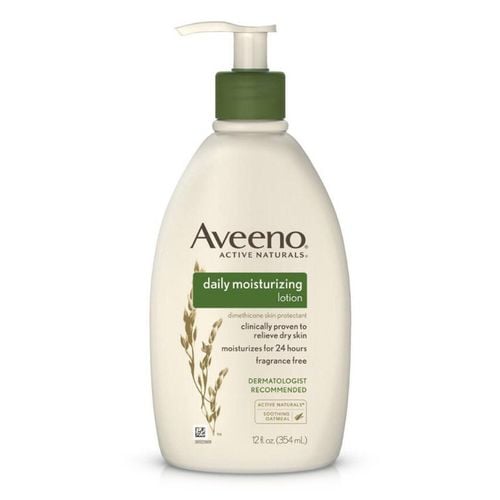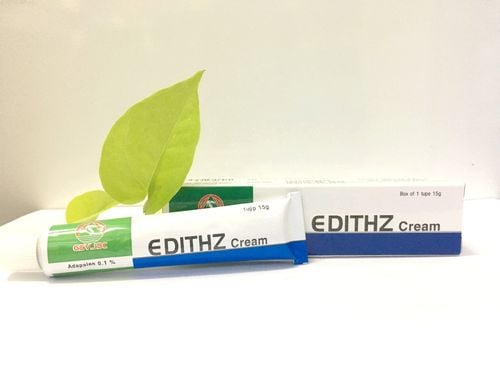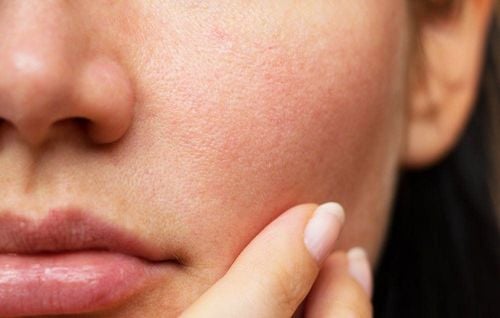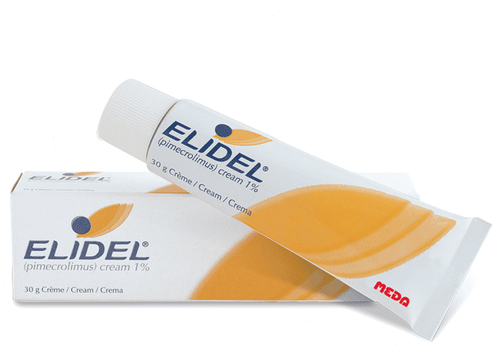This is an automatically translated article.
Sebum or oil on your skin is a thick, fatty fluid secreted by the sebaceous glands to keep hair and skin moist. However, oily skin or excess sebum can lead to acne breakouts. Both hormones and genes affect how much sebum your skin produces. Read the article below to understand more about why your skin is oily.
1. Why is your skin oily?
Your skin is often shiny, makeup easily slips off your face and acne keeps popping up? If you often experience these problems, you may have oily or combination skin. These things happen every day, they not only make us frustrated but can also affect our self-confidence, especially when today's society places more and more importance on our external appearance. out in front of others. Oily skin or oily skin can be caused by many factors, but fortunately, we can completely overcome this problem to be able to own a healthy and smooth glowing skin.
Many factors contribute to oily skin like diet, hormones and stress, but some cases are completely out of our control, such as genetics. People with oily skin often have overactive sebaceous glands, which can lead to breakouts when sebum (the natural oil) combines with dead skin and clogs their pores.
Although we cannot change the basic composition of the skin, there is hope to improve the condition of oily skin. Before reversing our skincare routine, it's important to remember that our skin is a complex organ closely tied to our overall health. Some adjustments to my daily routine and using high quality plant-based vegan products suitable for my skin type, not against it, can prevent breakouts and control oily skin your skin so you can regain your confidence with clear, radiant skin.
By combining nature and science, we can create safe, vegan and cruelty-free products so you can feel satisfied with the results. Stop wondering “why is my skin oily” and start taking steps to improve your skin.
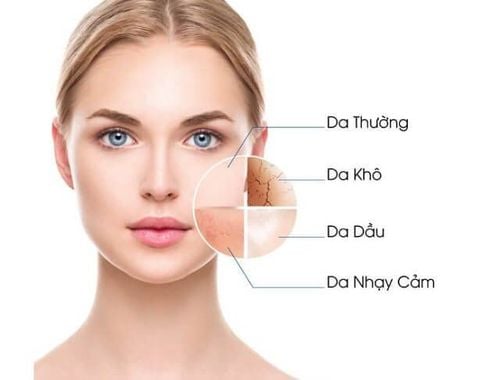
Chế độ ăn uống, nội tiết tố có thể ảnh hưởng đến làn da
2. 7 top reasons why your skin is oily
If we pay close attention, we will realize that everyone's skin will have a certain amount of sebum that we still call oil. The truth is, everyone has oil on their skin. Underneath each of our pores is a sebaceous gland that produces a natural oil called sebum. This helps keep our skin hydrated and healthy. However, in some people, the sebaceous glands can produce too much oil. This creates oily skin.
The sign to recognize oily skin is that the skin is always shiny and we take a lot of time every day to get rid of those oils. Oily skin can even feel greasy within a few hours of washing your face. Acne is also more likely to appear because sebum mixes with dead skin cells and gets trapped in pores.
Causes of oily skin include genetic, environmental and lifestyle factors. While it's not necessary to get rid of oily skin completely, you can take steps to make it less oily. It is important to determine if your oily skin is caused by one or more of the following seven basic causes.
2.1. Genetic
Oily skin tends to run in families. This means that if the previous generation members of the family have overproduction of sebum, the next generations are more likely to have oily skin.
2.2. Age
Oily skin also depends a lot on age as our skin will actually produce less sebum as we age. Aging skin loses proteins, such as collagen, and the sebaceous glands slow down.
This is why many elderly people also have dry skin. This is also the time when crow's feet and wrinkles are more noticeable due to the lack of collagen and sebum in the skin. One benefit of oily skin is that you may not show signs of aging as quickly as people with drier skin.
A person may have oily skin now, but they will need to have their skin evaluated as they get older. Even people in their 30s may not have the same skin composition as they did in their teens and 20s. A beautician can help evaluate a person's skin type every few years to see if they need it. make any changes to your skin care routine.
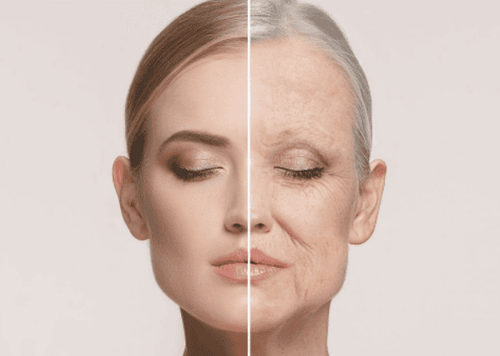
Da dầu cũng phụ thuộc rất nhiều vào độ tuổi khi da của chúng ta thực sự sẽ tiết ít bã nhờn hơn khi chúng ta già đi
2.3. Where you live and what time of year
Although genetics and age are the underlying causes of oily skin, where you live and the time of year can also make a difference. People tend to have more oily skin in hot and humid climates. You are also more likely to produce more oil on your skin in the summer than in the fall or winter.
Although most of us cannot influence these factors, we can completely adjust our daily routine during the days of high temperature and humidity to limit the sebum secretion of the skin .
Use blotting sheets to absorb excess oil throughout the day. Matte foundation or moisturizer can also help absorb oil.
2.4. Pore Enlargement
Sometimes many people's pores can become dilated due to age, weight fluctuations and previous breakouts. Large pores also tend to produce more oil. We can't shrink pores, but we can pay more attention to blur large pore areas on our face throughout the day.
2.5. Misuse of skin care products
Oily skin can also be caused by using skin care products that are not suitable for your skin type. Some people confuse combination skin with oily skin and they may use creams that are too heavy in their daily skin care.
For people with drier skin during the winter months, they may need to change up their spring and summer skin care plans with mild moisturizers and gel cleansers. Using the right skin care products can make a big difference in the amount of oil on your face.
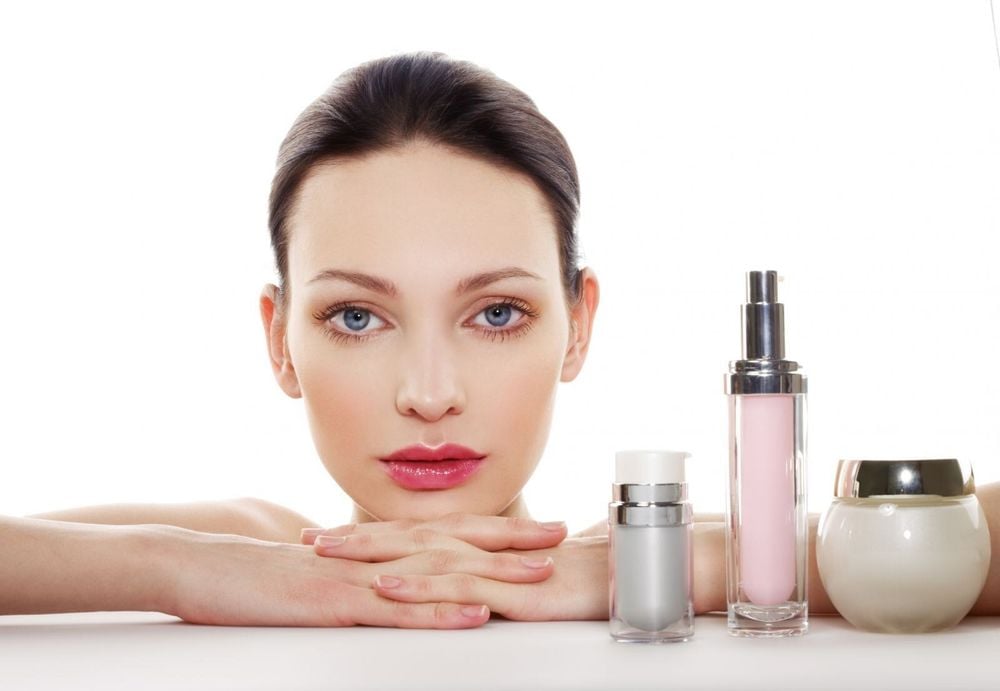
Da nhờn cũng có thể do sử dụng các sản phẩm chăm sóc da không phù hợp với loại da của mình
2.6. Abuse of skin care routine
Another problem such as washing your face or exfoliating too often can also make the skin greasy. This may sound like an oxymoron, since the purpose of washing and exfoliating is to remove oil.
But if we do this too often, we unknowingly take away too much oil from our skin. This can cause the sebaceous glands to go into emergency, where they secrete more oil to make up for the loss. Dermatologists recommend that we only need to wash our skin twice a day to limit excess oil.
Not applying sunscreen can also dry out the skin, leading to more sebum production. Make sure you apply sunscreen every day. Moisturizers and foundations with sunscreen tend to be less greasy, but you may still need to reapply during the day.
2.7. Skip the moisturizer
Many people mistakenly believe that moisturizer causes oily skin. In fact, if we use acne treatments like salicylic acid or benzoyl peroxide, we definitely need a good moisturizer to keep our skin from drying out. Without moisturizer, any skin type will dry out.
So instead of skipping moisturizer, the most important thing is to find the right moisturizer. A lightweight, water-based moisturizer that works well for your oily skin. Always take your last step after cleansing and toning. Also, look for "oil-free" and "non-comedogenic" products to help unclog pores.
Oily skin is complicated by many causes. For example, oily skin can run in your family genetically and depend on where you live and the time of year. In such cases, you will need to address all causes of excess oil to help achieve clearer and brighter skin. After creating an action plan for oily skin, you need to give it time to work. Sometimes it can take a month or two until you see any big change. If you apply the above measures but still do not get results, visit and discuss with a dermatologist.
Vinmec International General Hospital is the address for examination, treatment and prevention of diseases, including Dermatology. When performing the examination process at Vinmec, customers will be welcomed and used modern facilities and equipment along with perfect medical services under the guidance and advice of experts. Good doctors, well-trained both at home and abroad.
Please dial HOTLINE for more information or register for an appointment HERE. Download MyVinmec app to make appointments faster and to manage your bookings easily.
Reference source: healthline.com




